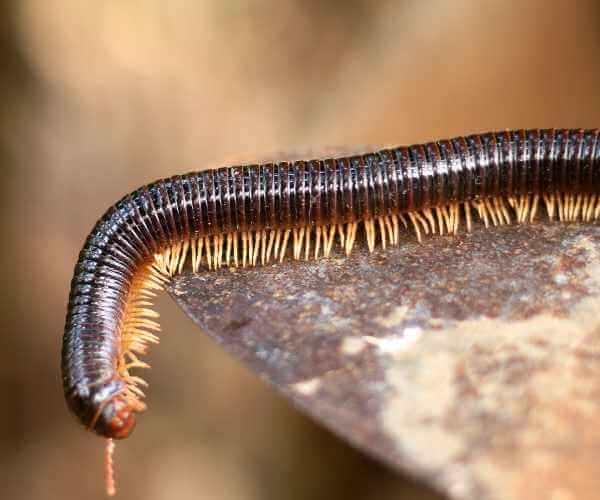The Importance of Bees to Humans, the Environment, and Food Supplies
Table of Contents
- The Importance of Bees
- Reasons Why Bees Are Important
- Why Are Bees Disappearing?
- What Would Happen If All The Bees Died?
- How Can We Help Bees
4 Reasons Why Bees Are Important
Pollination
Honey bees spend most of their life collecting pollen that they feed to their offspring. In doing so, they carry pollen all over their bodies as they fly from flower to flower. On average, a bee visits 1,500 to 2,000 flowers a day, which significantly increases the chances of fertilization and seed production.
Food Security
Environment & Biodiversity
Health Products
Why Are Bees Disappearing?
Habitat Loss
An increase in urban development and poor farming practices has destroyed many areas that bees use to nest and the plants that bees use to forage on. Several bee species nest in trees, so as more trees are destroyed, so are the homes these bees live in.
Pesticides
One of the main threats to bees is the use of toxic pesticides. While pesticides are designed to kill pests, improper use and application can negatively affect other insects. As a pest control company, we utilize an integrated pest management (IPM) approach that effectively solves pest problems while minimizing the risk to people and the environment. For example, when treating a customer’s yard for mosquitoes, our technicians avoid spraying any flowers, fruit-bearing trees and bushes, vegetable/fruit gardens, and herb gardens.
Climate Change
Climate change and extreme weather are other contributing factors to the decline of bees. Some bees can only survive in a narrow temperature range. As temperatures get warmer and cooler throughout the year, population spaces reduce, and winter losses increase.
Invasive Species, Parasites, & Diseases
Invasive predators and parasites are another major threat to bees. The Asian hornet in Europe eats honey bees and poses a considerable threat. The hornet preys on honey bees and is capable of killing an entire hive. The Varroa mite is a parasitic mite that latches onto honey bees and passes a virus that slowly kills the bee.
What Would Happen If All The Bees Died?
How Can We Help Bees
Plant a Bee Garden
One of the easiest ways to help out bees is by planting bee-friendly flowers rich in pollen and nectar. You don’t need a ton of space to grow a bee garden. Flower pots, planters, window boxes, flower beds, and gardens are all options for establishing a bee garden. Some of the best flowers to plant for bees would include bee balm, wild white indigo, purple coneflower, foxglove, red clover, and birdsfoot trefoil.
Provide Shelter for Bees
Bees need a place to nest and hibernate. Except for honeybees, most bees live in solitude inside trees or underground. “Bee condos” allow solitary bee species to nest and reside. They are easy to make or purchase.
Provide Trees for Bees
Trees provide bees with thousands of blossoms to feed on. They are not only a great source of food for bees, but trees also provide shelter for bees. Plant a tree and care for the trees in your yard.
Create a Bee Bath
Bees need a water break after long hours of foraging and collecting nectar. Bee baths are super simple to create. Fill a shallow bowl with clean water and arrange pebbles inside that break the water’s surface. Bees will land on the stones and quench their thirst.
Stop Using Pesticides
Synthetic pesticides are a major threat to bees, so stop using them in your own garden. Instead, use organic products to keep pests away or rely on an eco-friendly pest control company like Advanced Wildlife and Pest Control which uses green pest control and integrated pest management approaches that efficiently and safely eliminate nuisance pests.
Support Local Beekeepers
Last but not least, support the local beekeepers in your area. They work hard to nurture their bees! Show your appreciation by buying locally-made honey or beeswax products. Not only is local delicious, but it is also made from local flora, which may help with seasonal allergies.
Summary
Luckily, it is not too late to help #savethebees from extinction. I challenge you to accomplish one of the super simple tasks mentioned above to help protect our bees. How hard is planting a few flowers or buying some locally made honey? Let’s make a difference!


